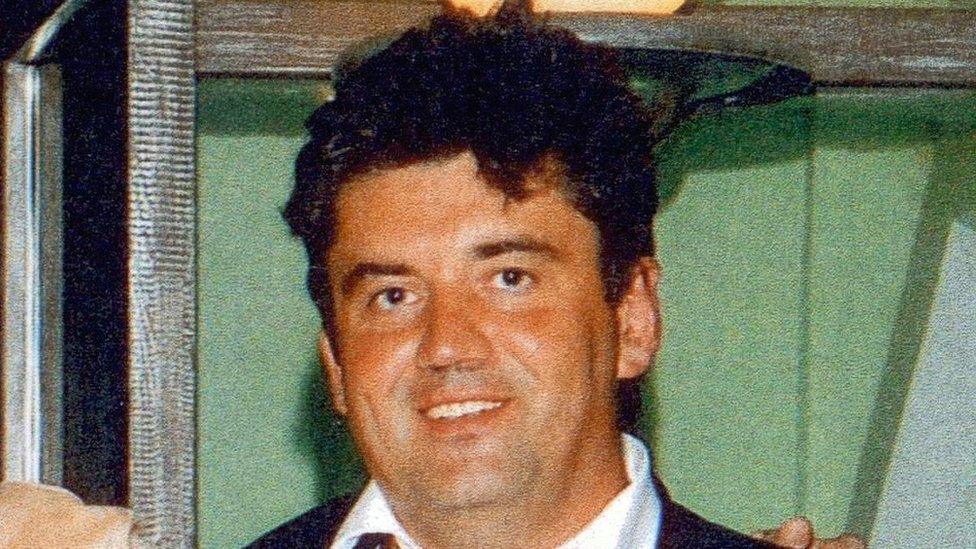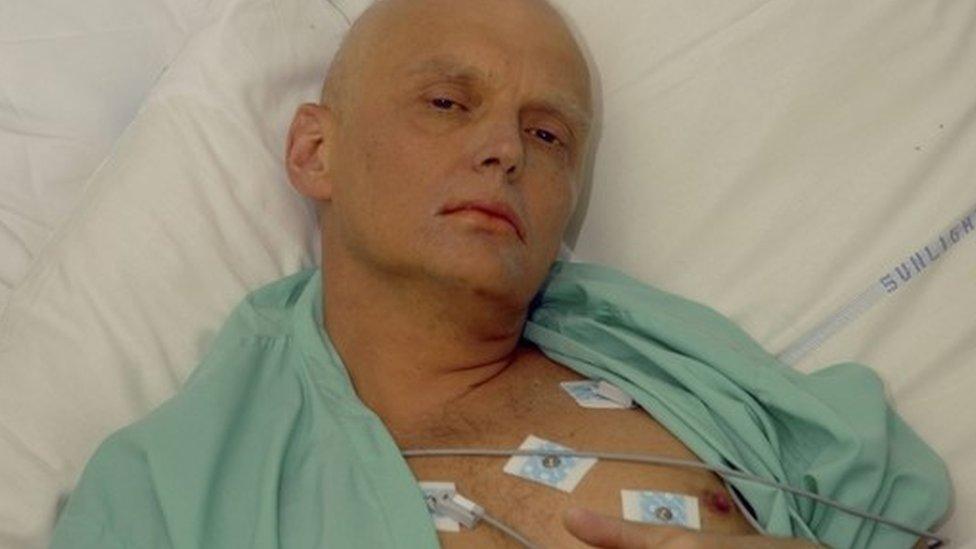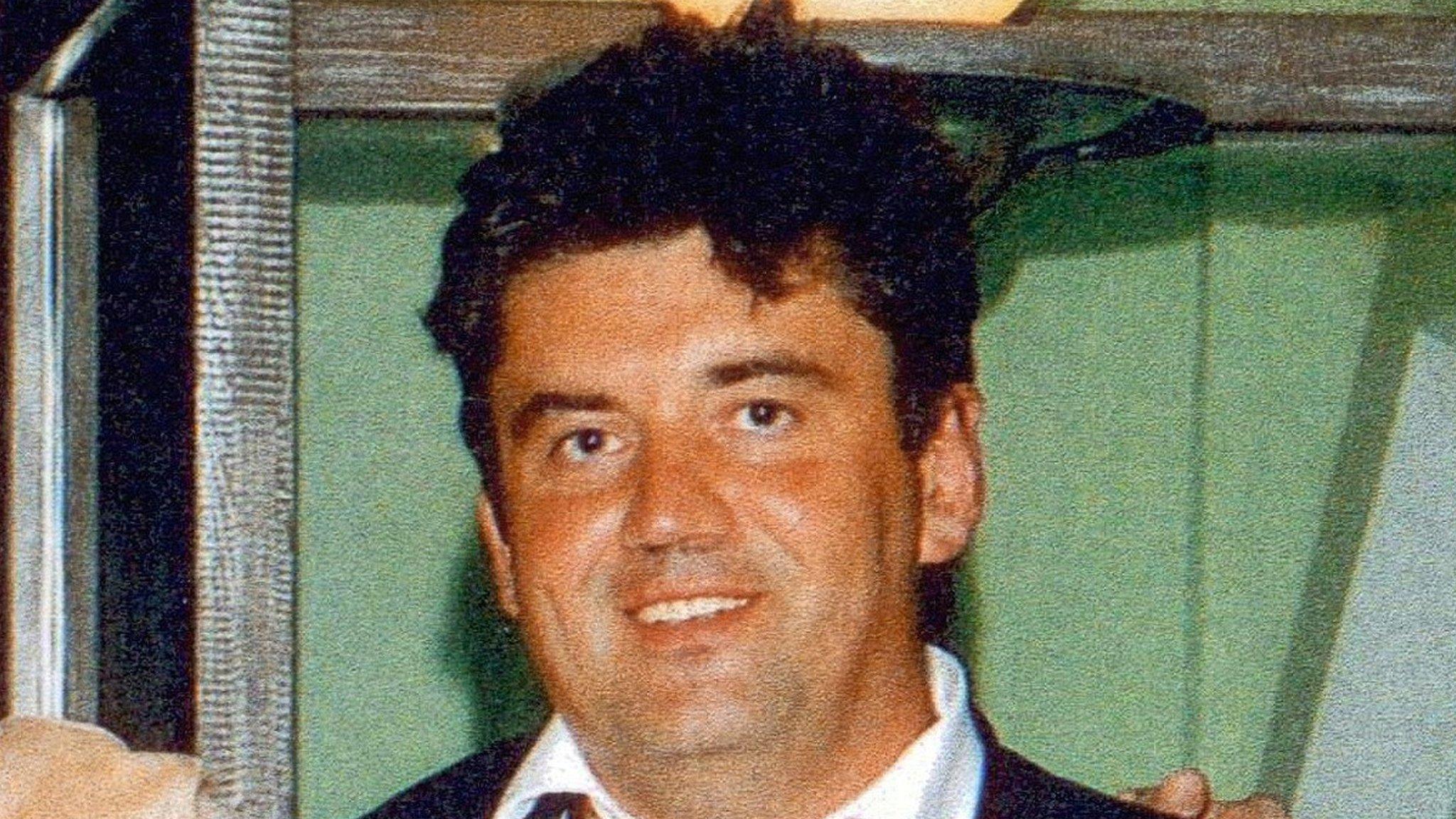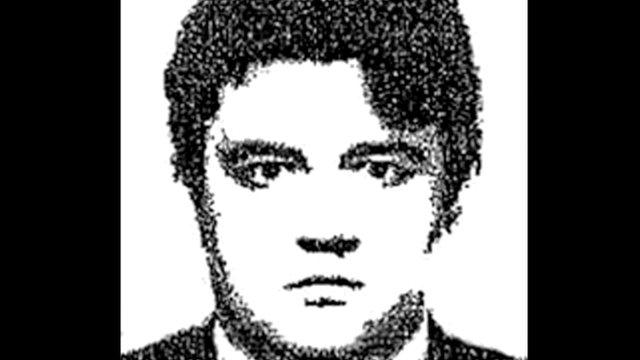Alexander Perepilichnyy death: Russian was 'not in fear of his life' inquest hears
- Published

The inquest will look at whether Alexander Perepilichnyy died of natural causes or was unlawfully killed
The widow of a Russian whistleblower who may have been poisoned has told an inquest he never feared for his life.
Alexander Perepilichnyy, 44, collapsed and died while jogging near his home in Weybridge, Surrey, in November 2012.
Traces of a chemical linked to a plant-based poison were found in his stomach.
Mr Perepilichnyy, a commodity dealer and trader, had been helping a specialist investment firm uncover a $230m (£150m) Russian money-laundering operation shortly before his death.
The inquest will try to establish if he was unlawfully killed and, if so, who may have been responsible.
His widow Tatiana Perepilichnaya gave evidence at the Old Bailey behind a screen in order to protect her identity.
'Threats'
The mother of two denied her husband had fallen out with an "organised crime syndicate in Russia" and said they moved to England for a change of lifestyle.
"I know if there were any threats or problems Alexander would have told me.
"In 20 years of marriage Alexander never had bodyguard or security, so our life in Russia and our life in England never varied. It's the same."
She said she was unaware of a man taking out an advert in Russia in 2011 accusing her husband of cheating him out of "a lot of money".

Mr Perepilichnyy's death has been compared to that of Alexander Litvinenko
Mr Perepilichnyy was a dealer on the Russian stock exchange, the court heard.
Mrs Perepilichnaya said: "I just knew he was interested in that business. I didn't know what commodity meant."
The Russian was originally thought to have died of natural causes, but traces of a chemical that can be found in the poisonous plant Gelsemium elegans were later found in his stomach.
At an earlier hearing, Hermitage Capital Management claimed Mr Perepilichnyy may have been killed for helping it uncover hundreds of millions of US dollars in a Russian money-laundering operation.
A pre-inquest review in January 2016 was told Mr Perepilichnyy's death had parallels with the murder of former Russian spy Alexander Litvinenko.
Another hearing in June of the same year was told Interpol had been investigating Mr Perepilichnyy's suspected previous involvement with Russian criminal gangs.
The inquest is expected to last three weeks.
- Published13 March 2017

- Published24 November 2016

- Published2 June 2016

- Published28 January 2016

- Published13 January 2016

- Published28 May 2015

- Published18 May 2015
